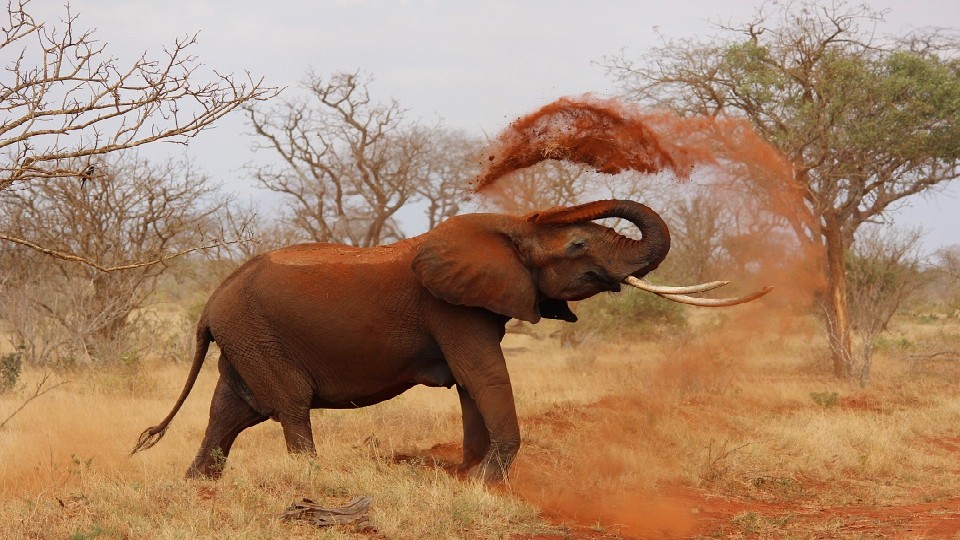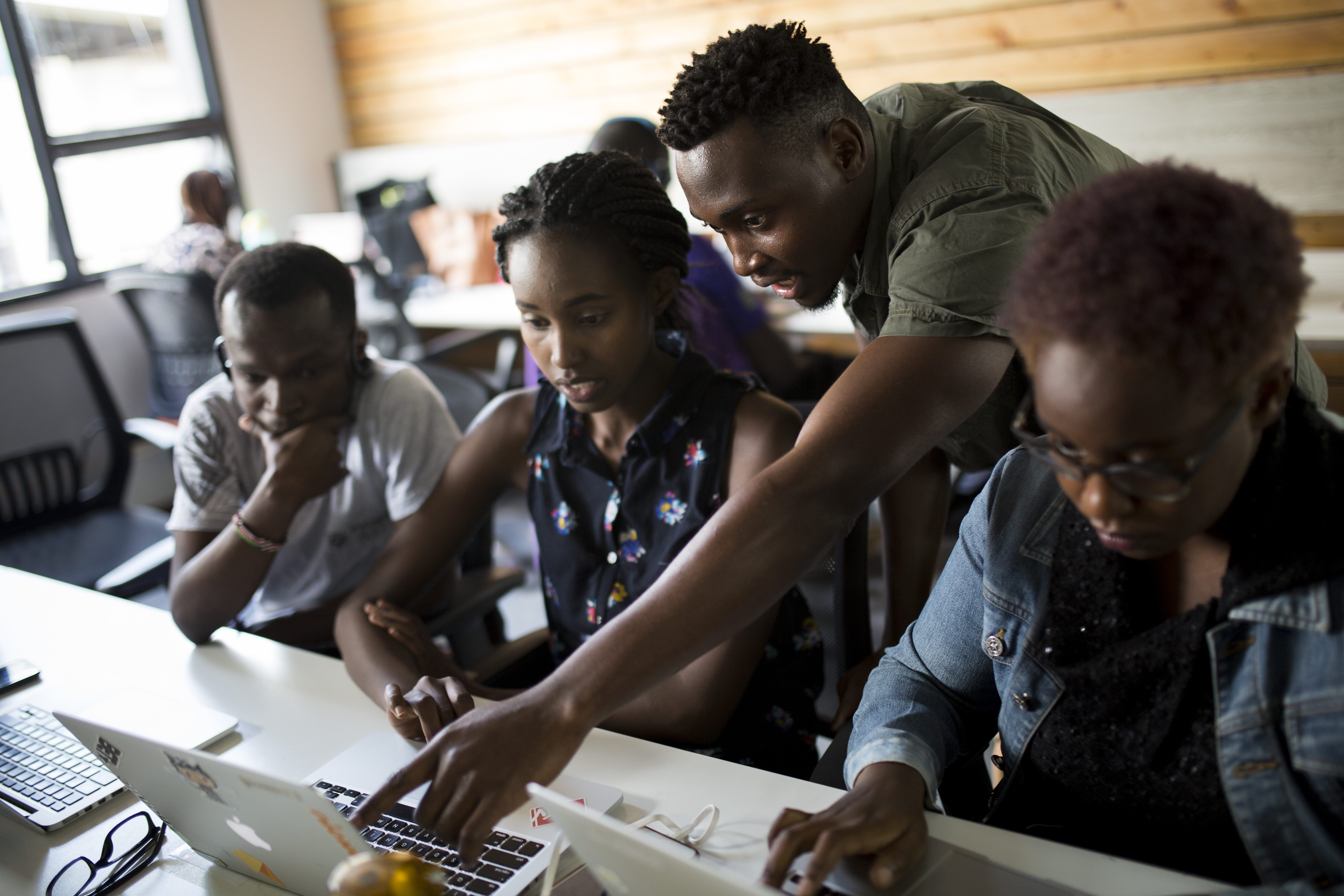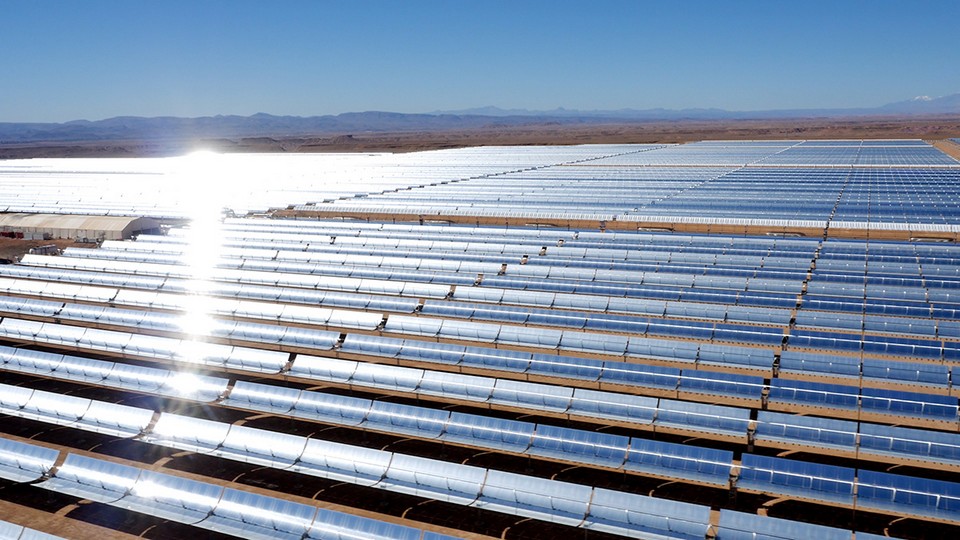934 results found
Featured results



More results
Talk of trade tariffs and heightened geopolitical tensions are dominating news headlines recently. As developed economies consider escalating protectionist policies, it’s easy to forget about the situation many emerging markets face.
EBRD’s Director of Sustainable Infrastructure Policy and Project Preparation Matthew Jordan-Tank shares insights on how Egypt’s 6th of October Dry Port supports sustainable infrastructure development.
The Miundo Misingi Hub capacity-building program in Africa is improving collaboration between the public and private sectors and shifting the continent's infrastructure financing.
We ask the Miundo Misingi Hub’s Founder and Chief Executive Officer, Johnson Kilangi, for his views on how sustainable and socially responsible projects yield long-term benefits, and how capacity building is key to improving infrastructure development and inclusive growth across Africa.
To date, 112 IPP projects have been procured from four bidding round windows with further windows expected to be announced in the future
The Gauteng Province embarked on a project to implement a state-of-the-art rapid rail network in Gauteng.
The Small Cities Sanitation Programme is a EUR 150 million programme undertaken by the Office National de l’Assainissement, (“ONAS”, the Company”) to build 24 new wastewater treatment plants (“WWTP”) and rehabilitate and upgrade the sanitation network (including 862 kilometres of new primary and secondary networks and construction of 30 new pumping stations) to EU equivalent standards in 33 Tunisian cities of less than 10,000 inhabitants (the “Project”).
Parties involved (public and private): Egyptian National Railways ?ENR?, Ministry of Transport, Ministry of International Cooperation, Ministry of Finance.
Benban Solar Park is the largest park of its kind in Africa and one of the largest in the world housing 32 solar projects with a total capacity of 1,465 MWac helping to reduce the country?s CO2 emissions by more than 1.9 million tonnes per year.
In Senegal, energy is produced by private operators and sold to the Senelec government energy corporation.
Since 2010, Senegal had pursued reform policies within the energy sector, and aimed to increase installed renewable energy to 20% of total installed capacity by 2017.
A significant risk for foreign investors in developing and frontier markets is exchange rate risk, which can greatly alter a project’s rate of return.
The development of credit ratings for loans in emerging countries is critical for accessing capital markets
The African Development Bank (AfDB) is mandated to drive social and economic development in Africa through multiple project types including infrastructure
The Uruguayan government planned to diversify its energy mix, reducing its heavy reliance on hydropower and imported fossil fuels during drought seasons
Uganda is targeting a 22% emissions reduction from a business-as-usual scenario by 2030.
Uganda is targeting a 22% emissions reduction from a business-as-usual scenario by 2030. A run-of-river hydropower station project lowered energy costs and reduced greenhouse gas emissions.
A bond issuance anchored by IFC allowed Liquid Intelligent Technologies to expand access to broadband internet and digital and cloud services across Africa.
The Federal Government of Nigeria’s Energizing Economies Initiative (EEI) aimed to increase access to energy through private development of off-grid electricity solutions in economic clusters, such as markets, shopping centres, and industrial complexes
Globally, Sub-Saharan Africa experiences one of largest energy access gaps. Electricity reaches only about half of its people, while clean cooking only one-third; roughly 600 million people lack electricity and 890 million cook with traditional fuels. This has a disruptive impact on social infrastructure such as schools and hospitals which lack reliable electricity. A clean energy revolution in sub-Saharan Africa is urgently needed to win the fight against energy poverty.
In 2017, amid severe drought, the City of Cape Town, in South Africa was issued its first Green Bond, which was used to invest in projects aligned to city’s sustainability goals to adapt to and mitigate climate change. The ZAR1 billion Green Bond was used to fund and refinance a number of green projects?in the city including procurement of electric buses; energy efficiency in buildings; water resilience initiatives; sanitation treatment; and the coastal structure protection and rehabilitation. At the time, Cape Town had the only green bond in the country to be accredited by the Climate Bonds Initiative (CBI) and demonstrated market appetite for green and climate initiatives.
CFA is a 4-year programme funded by the UK Department for Business, Energy & Industrial Strategy (BEIS). Aims to identify and develop pipelines of bankable climate-related projects that can attract investment at scale from the private sector. In 2017, Nigeria took part in the inaugural pilot CFA process The CFA initiative has since been extended to Mexico, Colombia, Peru, South Africa & Turkey. Stakeholders involved Conceiver: Ian Callaghan Associates Funder: UK Government (BEIS) Neutral convener for the CFA process: Nigerian Economic Summit Group
Noor Ouarzazate I, a 160 MW Concentrated Solar Power (CSP) plant, is a path-breaking large- scale CSP project, one of the first to be delivered in the Middle East and North Africa (MENA) region, taking advantage of the region s abundant solar resources.



 InfraCompass
InfraCompass












